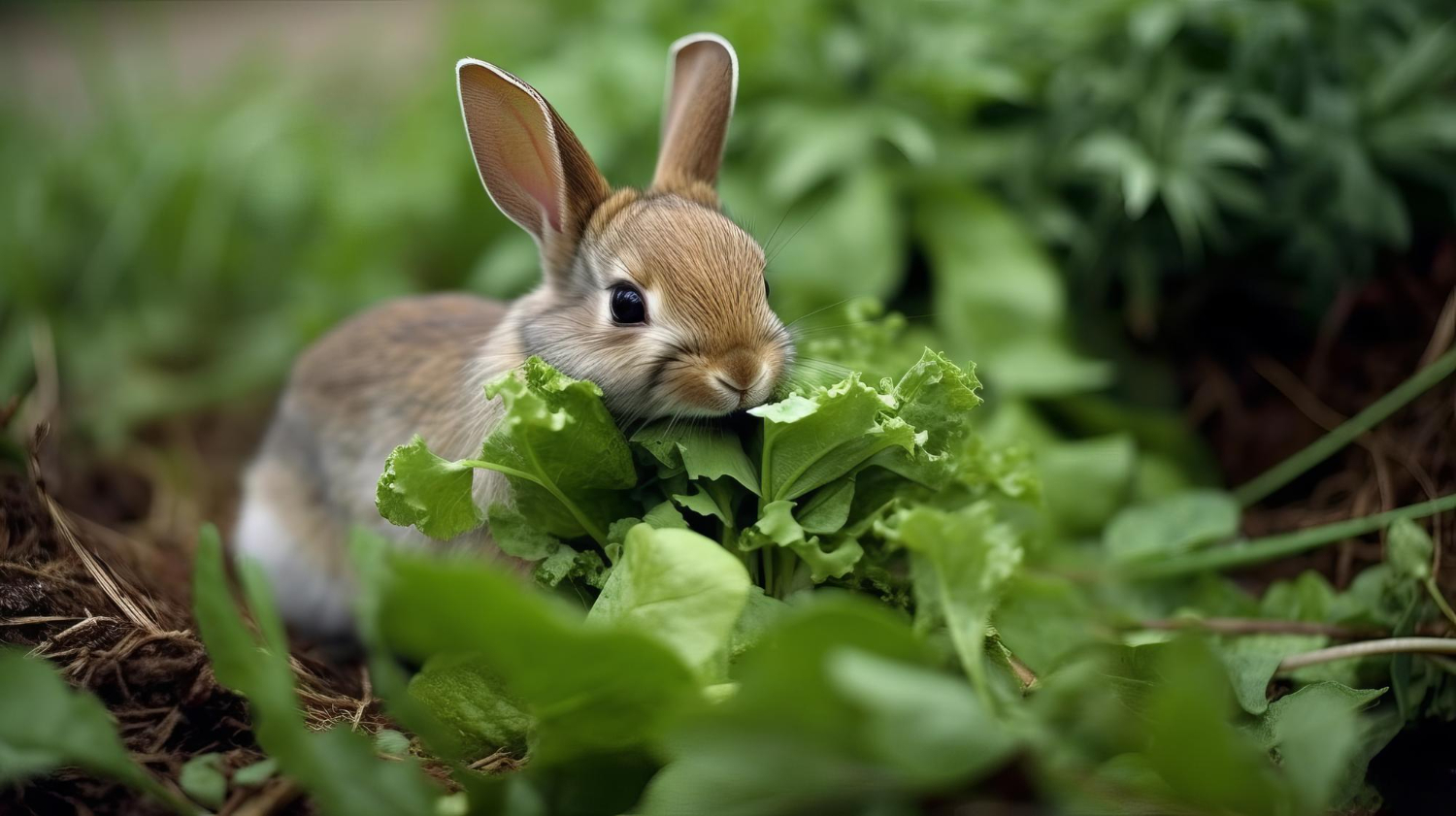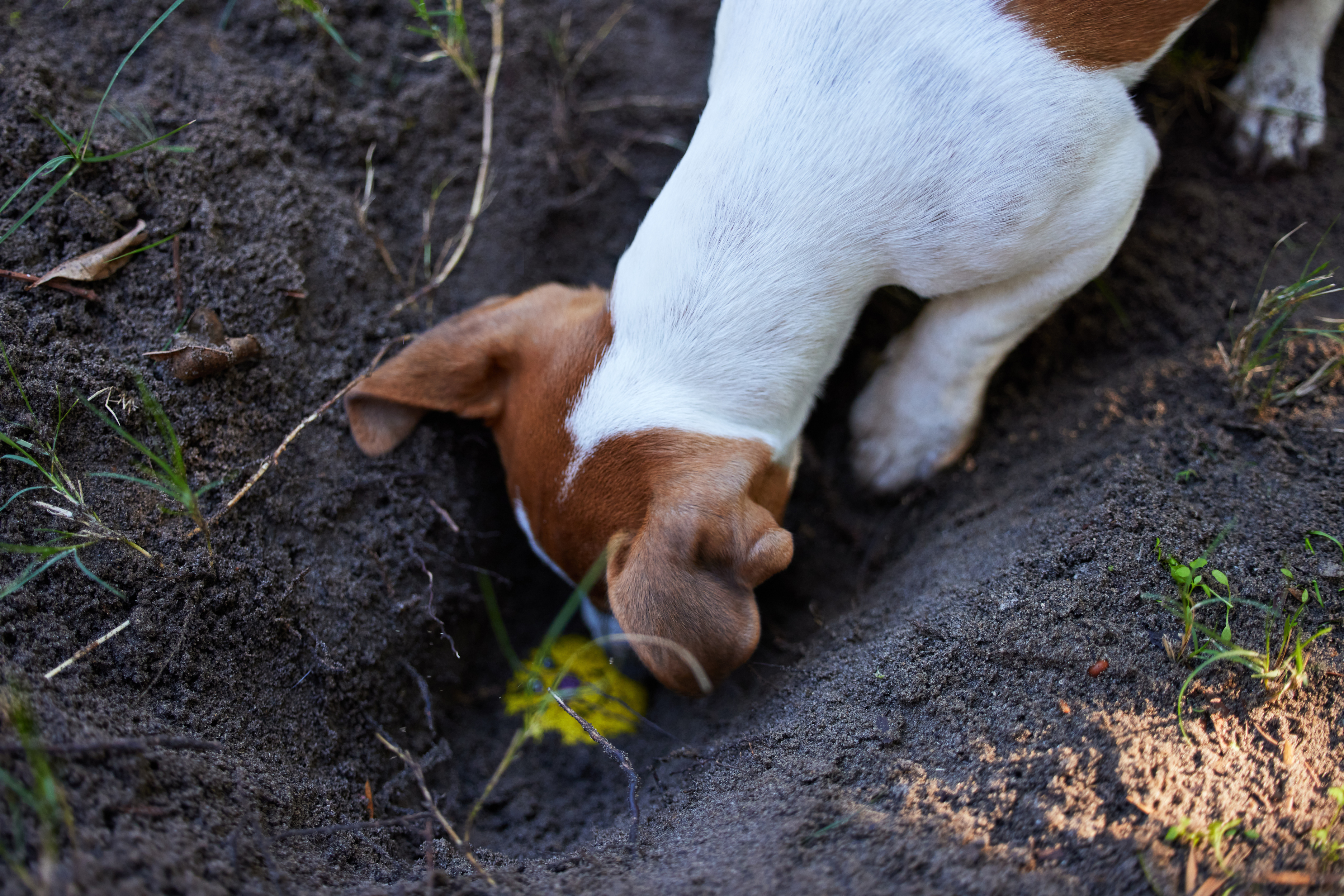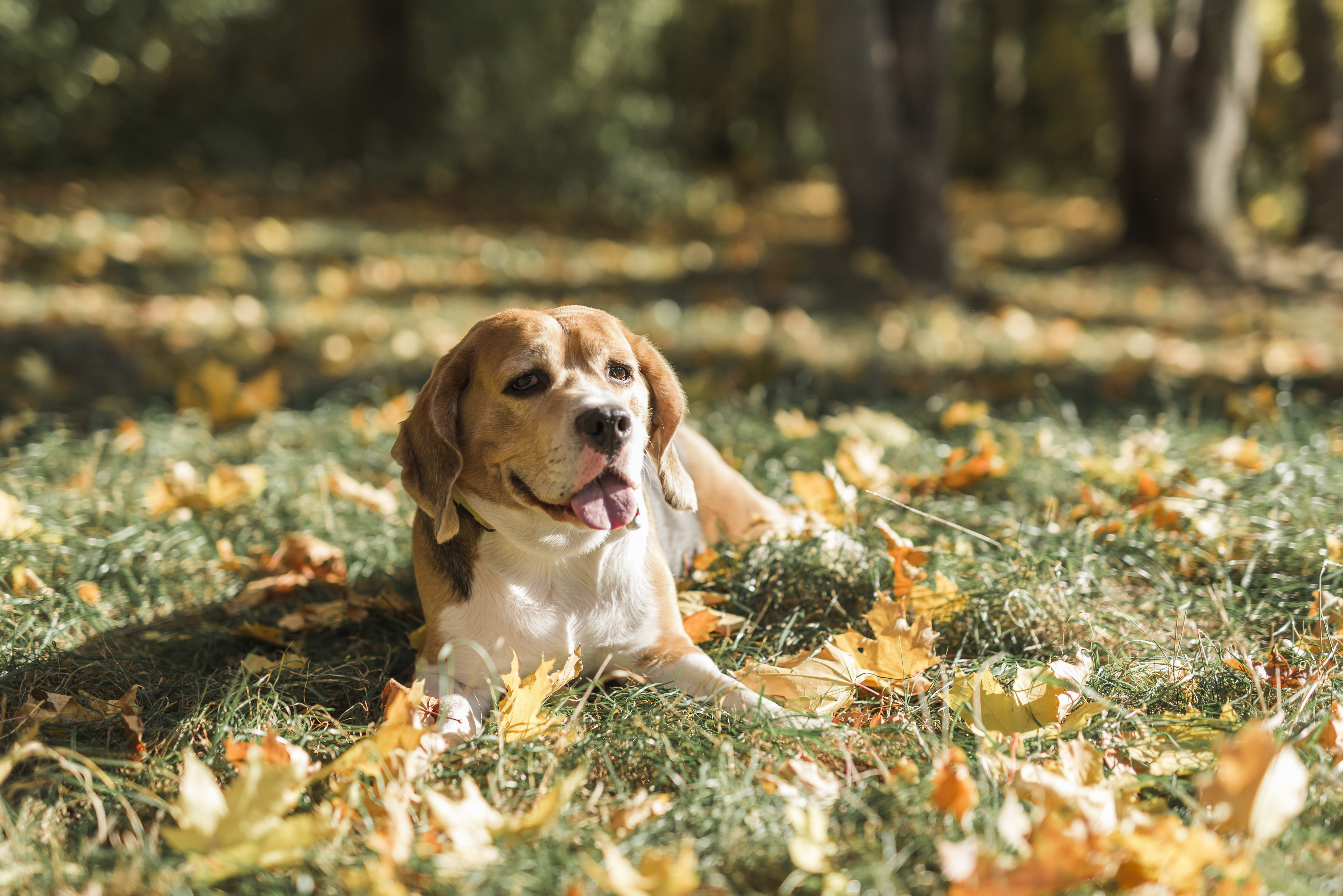Many families have both plant babies and fur babies- but sometimes, these two responsibilities can clash. Are you having trouble keeping your pets out of your garden? Between fencing, various additives, or even embracing the chaos, there’s lots of ways to handle such an issue. Read on to see some of our recommendations!
Why is Pet-Proofing Necessary?
Pet-proofing your garden is crucial to protect the safety and health of your pets. Many common garden plants can be toxic to pets if ingested; similarly, some chemicals and pesticides used in gardening can be harmful to pets, so you’ll want to keep your fur babies away from it or opt for pet-safe alternatives whenever possible. Pets could also be injured by stray tools, particularly if they’re sharp; or they may eat your compost and get sick.
On the other side, pets, especially dogs and cats, can unintentionally cause damage to a garden. Even through playing, behaviors such as digging, trampling, doing their business, or snacking on the plants, could cause damage. Digging can uproot plants and disrupt the garden’s appearance, while trampling can lead to bare patches in lawns and flower beds. Pets’ urine contains nitrogen, which can burn plants, and their feces may introduce harmful bacteria. Chewing on plants can harm their growth. Additionally, pets can disrupt beneficial insects and their role in pollination.
By implementing some preventative measures, you can make sure to protect your pets and your hobby!

3 Great Ways to Pet-Proof Your Garden
-
A wall or fence can protect the whole bed
Six feet is generally high enough for most dogs. If your dog is an exceptional vertical jumper or a good climber, go for seven or eight feet. Chicken wire may be plenty strong enough for cats or dogs who don’t try and test physical barriers, but if your pets are aggressive investigators, wood or hard mesh may work out better for you.
If your pets (or local animals) have a tendency to dig, you might want to burry the bottom of the fence deep with stones just under the surface. Most animals will stop digging once they hit something hard.
-
Raised beds are difficult to wander into
This can deter animals like bunnies, too, which may wander in with the intent of getting an easy meal and a good place to burrow. This does restrict your gardening area, however.
-
Odorous deterrents can repel the animals entirely
Plants like rosemary or peppers deter some animals like dogs; Coffee grounds keeps cats away

What if I want a Pet-Friendly Garden?
-
Fences are still important
Even if you’re okay with your pets bounding through the garden rows, you still need to protect them from dangerous areas. Make sure they won’t end up chasing each other or a toy into a road or another property!
-
Try to create a play specific area
Some pets tend to participate in mirroring, where they try to mimick things their humans do in order to bond better. If you find your pup is digging up your garden after you planted new things, creating a specific area for the pet to dig (maybe with some good sturdy plants that can take the abuse) is a great way to bond!
-
Be careful of pet-toxic plants or chemicals
Plants like onions, chives, garlic, daffodils, sunflowers, parsley or fennel can all give a horrid stomachache - or worse - to your pets. The ASPCA has an extensive list of such plants to exclude from a pet-friendly garden. Similarly, you will need to invest in pet-safe chemicals for your garden, and make sure to keep your chemicals and tools locked up so that your pets can’t get hurt on them.
-
Use wood chips to mulch garden beds to deter ticks
With your pets roaming in the outdoors, they may pick up some unwanted hitchhikers. There’s certainly some chemical means to deter such visitors, but a great option for preventing this issue is simple and safe for animals- wood chip mulch! Ticks don’t particularly like to move on hard, sharp surfaces, and the mulch will also protect your plants in the winter!
-
Large plants are less likely to be trampled
This one’s pretty simple, but large, sturdy plants will hold up well against animals passing around them. Bushes or vines on trellises are some great options that will resist being knocked over or crushed underfoot.

In conclusion, pet-proofing your garden is essential to ensure the safety and well-being of both your pets and your plants. By implementing a few preventative measures, you can create a harmonious environment where your fur babies can coexist with your plant babies. Installing a wall or fence, using raised beds, and utilizing odorous deterrents are effective ways to keep pets out of your garden. However, if you want to create a pet-friendly garden, it’s important to still have some boundaries in place to protect your pets from potential hazards. Creating a designated play area, avoiding pet-toxic plants and chemicals, and using wood chip mulch to deter ticks are additional steps you can take to make your garden safe and enjoyable for your pets. Remember, with proper planning and consideration, you can strike a balance between your love for gardening and your love for your furry friends.
